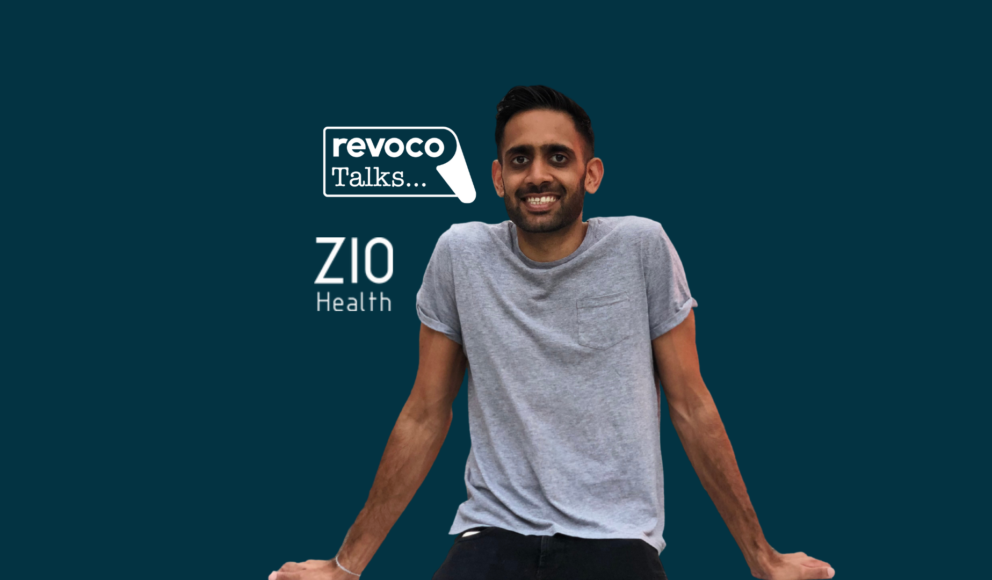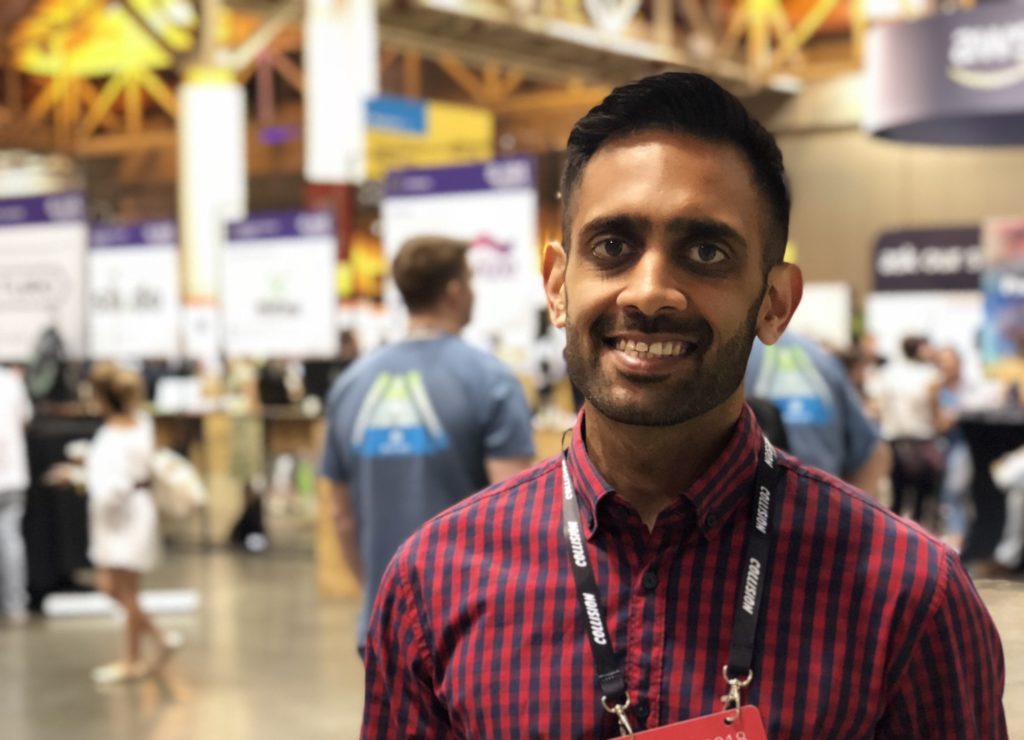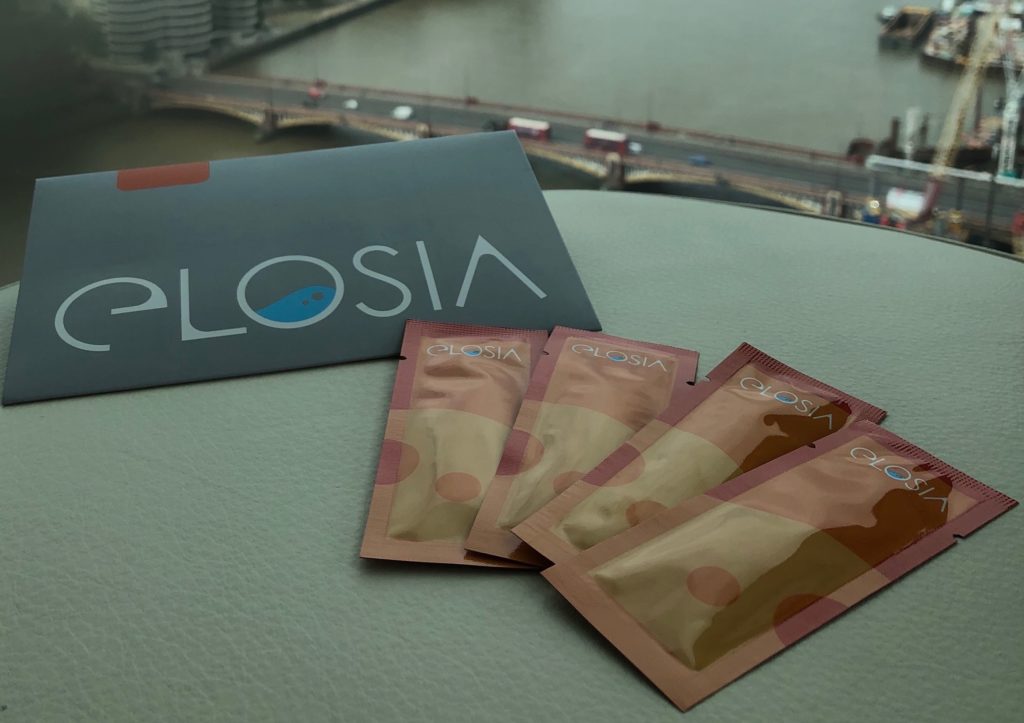Written by:
Harry Butcher
Revoco Talks…the risks of starting a Biotech startup with ZiO Health’s Neel Patel
Harry caught up with Neel Patel for this Revoco Talks Q&A, Co-founder & CEO of innovative biotech start-up ZiO Health.
ZiO Health is on a mission to support people to lead happier and healthier lives by empowering them to optimise their health and prevent sickness using innovative home diagnostics and personalised testing solutions using advanced technologies, scientific research and pioneering and innovative global team.
Here Neel spills the beans on his career path so far, more about ZiO Health and challenges he has faced along the way, growing his start-up…
HB:Neel, it’s great to be speaking with you again. Could you please give the readers a bit of an introduction to yourself and ZiO Health?
NP: Yeah, sure. Hi, I’m Neel. I come from a medical background and practiced medicine before founding ZiO Health. We founded the company to develop portable devices to bring testing to the bedside or point of care. Over the last five years, we have developed biosensor technology that can analyse parameters in different fluids. We are now using this technology to develop various devices. We also have a consumer brand called Elosia which we launched in 2020 because we saw a need for a product that gives users more information on nutrition, health and personal wellness. Elosia gives users the opportunity to test parameters from home and instantly receive personalised nutrition and wellness advice through the Elosia software app.
Regarding my background, when I was working in hospitals, the blood testing process was quite inefficient. It usually takes about four or five hours to receive blood results from the lab, so you must stabilise the patient until you receive the results for you to make an effective treatment plan. I wanted to create portable testing technology that allows you to give instant results next to the bedside.
HB: And did you start ZiO Health whilst still working in the hospitals? What was the story behind starting it?
NP: So, I applied to do an MBA while I was working in the hospital. Once I started the MBA, I was networking and trying to find an engineer to work on this idea with. I’d already spoken to several engineers and I finally found Rory you who became one of the co-founders. He had a passion for building prosthetic limbs and drones in his spare time, so I thought he was a great fit for building a new product with . After we met, we both researched more into what was required to develop this product. We realised we needed a scientist with biosensor knowledge and that’s how we met our third co-founder, Shaolin.
HB: In general, starting your own company is relatively risky, but starting a Biotech company must come with a whole host of other risks. What are some of the risks you faced throughout your journey with ZiO Health?
NP: The main risks are around R&D and investment. Product development time is largely based on R&D milestones and its timelines. If one idea during R&D fails, you have to repeat the process with another idea. This leads to us needing to extend the timeline by a few months. It is key to plan for this in advance so that you can factor it into the funds you raise each investment round. Basically, it is more important to take into account the worst-case scenarios when fundraising for companies that have longer development times. You can also mitigate the risks associated with the longer development times, by forming external partnerships or gaining money from other channels such as grants, competitions and local R&D credits.
HB: The last 12 months must have really amplified those risks! How has the journey with ZiO Health been for you? Did 2020 hugely affect you?
NP: So, I think for us it’s been quite an exciting journey. In the beginning, we started by entering competitions as most start-ups do. Then we got accepted into an accelerator which took us to China. And in China, we managed to accelerate our development and massively reduce our costs, mainly because prototyping was much cheaper and quicker, which saved us a lot of time. As we grew, we opened an office in London which gives us two locations, both coming with various benefits. It has been an exciting 5 years.
At the beginning of 2020, we started pre-clinical trials for an antibiotic testing device and unfortunately, due to the Coronavirus, the pre-clinical trial was paused. This changed things up a little as we were looking to raise our next investment round after the pre-clinical trials results. However, the good news now is the trials have restarted. So, I think that’s the main downside for ZiO Health during 2020. Otherwise, we managed to keep our operations relatively normal by balancing out projects between China and London. In London, our labs are quite spacious and you can’t really mix with anyone outside your room, so we could continue the experiments safely.
HB: I’m glad to hear 2020 wasn’t all doom and gloom! So, throughout your journey as a founder, what are some of the biggest lessons you’ve learned?
NP: I think for us, I have found that the importance of communication between the business operations team and the tech team has been the quite important, as there are a lot of directions that the tech can go based on every single step of R&D. Therefore it is important for everyone to be aware and align tasks so that we meet milestones efficiently. I think communication is a big thing.
Having a plan B ready to implement during R&D is always very helpful. And once you’re on Plan B, you have Plan C ready and so on! After last year, raising enough funding and taking on more investment would be a good idea to prepare for any extreme events. Obviously not too much investment, but I do think a lot of start-ups are worried about taking on too much investment so soon as they don’t want to be diluted due to the lower early stage valuations. However, it’s important to consider that if you do take in more in the first round, you can always go further with milestones and increase your value for the future round. I think it is a balance and ultimately every founder has a different fundraising strategy.
HB: Yeah, I think there have been quite a few start-ups that have been caught with their trousers down, so to speak, in 2020. Either by not having a plan B or just not having the finances to be able to go forward, unfortunately. And so what sort of advice would you give to other founders or aspiring founders that are maybe in a similar sort position as you were?
NP: I think it’s really dependent on what type of start-up it is. But I think you want to spend less time raising investment and less time working on admin stuff (such as accounting and all that). So, even though you don’t want to spend the money on these sorts of services, it’ll free up time so that you can spend time on growing the company and less time doing tasks you can outsource. Also, identifying each co-founders strengths and skills is important so that you can use those strengths to your start-ups advantage and efficiently and effectively progress to a stage where you can raise further funding – for example in the beginning I would be handling all non-R&D related matters just so that my co-founders could concentrate on building a MVP for us to raise funding. There are many unknowns when founding a start-up, and its good to know that it’s inevitable for challenges to arise. Don’t panic and act on your immediate thoughts – take a moment to assess the situation, and then brainstorm ideas with your team to make a plan. Another piece of advice I’d say that is very important when founding a company is, do not be afraid to ask for help and advice. You may think your questions are stupid, however they will lead to you increasing knowledge and making optimal decisions for the company. To be honest, even if you are confident with a specific strategy, running that strategy by people from diverse backgrounds/experiences may even generate a better strategy. And finally – it’s important to find that work-life balance and enjoy the journey of founding and growing a start-up!
HB: Earlier on you mentioned your new product Elosia. Could you talk to us a little bit more about that? When we initially spoke it was due to be launched?
NP: Yeah, so when we last spoke, we had beta users using the product and they were giving feedback on the software app and the user journey. We’ve now optimised all of that and we are in the process of a soft launch, which will give more users the opportunity to use the product, while also giving us further feedback to improve the value given to users before our official launch. We’re now at the stage where we want to receive feedback on some extra features, and we will be adding them before the official launch.
Elosia, is a home urine test to support users to optimise their nutrition and wellbeing. The 60 second urine test and app’s algorithm creates a personalized nutrition plan unique to each user, taking into account pre-existing health conditions, diet and allergy requirements. For eight pounds a month you get four strips. Through weekly testing, you receive continuous support and advice through the app which is written by our nutritionists.
HB: That’s really interesting. What are the different parameters it tests for?
NP: So, it tests your levels of electrolytes, vitamin C, ketones, hydration and your pH as well. Using these results combined with the users background information and daily lifestyle, our software app will give the users actionable advice.
HB: I think especially with what’s going on, people have kind of put a little bit more emphasis on their own personal health and nutrition, so this sounds incredibly useful!
Finally, what does the future hold for ZiO health?
NP: So, over the next few years, we want to use ZiO’s proprietary technology to maximize impact by introducing new point of use devices for various applications.
HB: Well, it sounds very exciting and it sounds like you’ve done some awesome work so far. Neel, thanks very much for sharing that with us and I wish you the best of luck with.
To find out more about ZiO Health, visit their website here.




